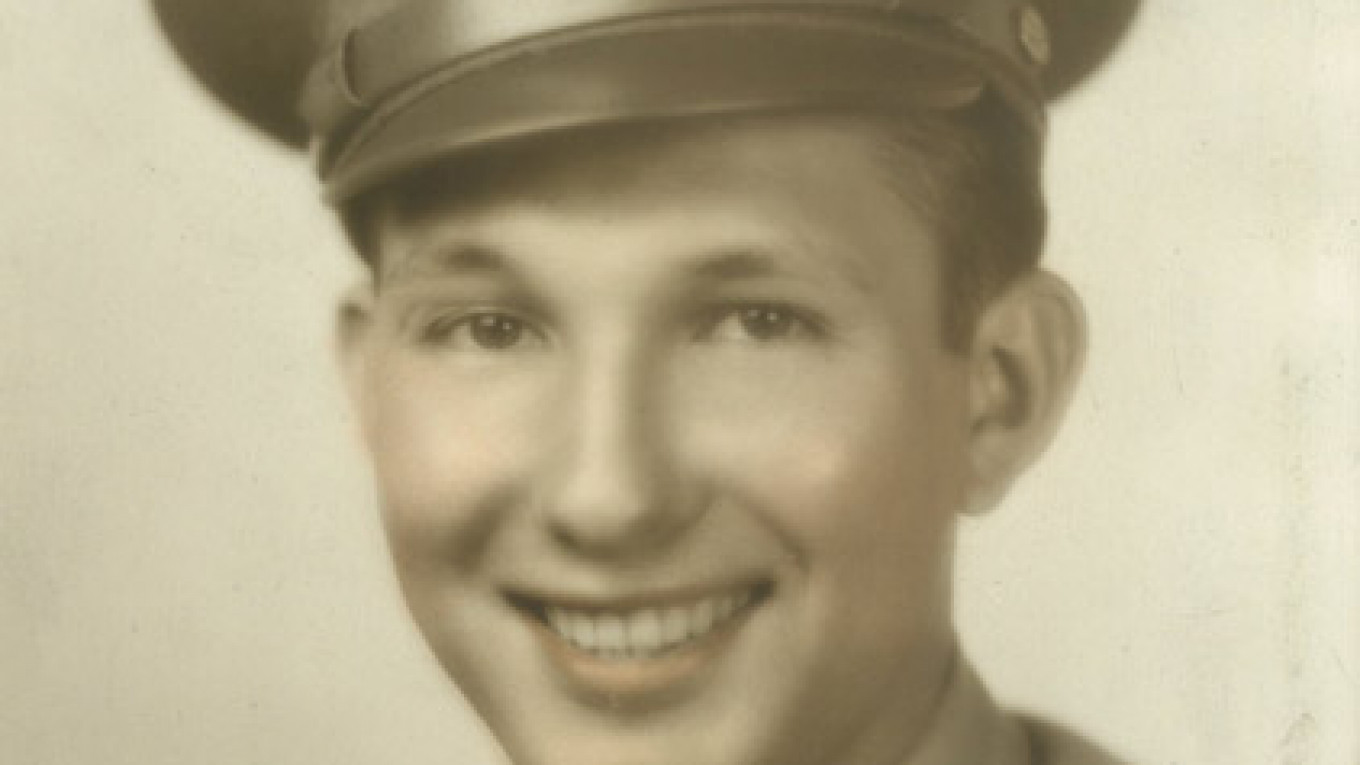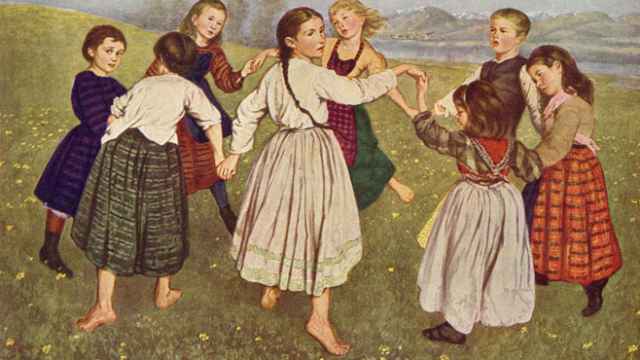День Побе́ды: Victory Day
Being an American on holidays in the Soviet Union wasn't always easy. New Year's Eve was fine, except for новогодняя ёлочка (New Year's tree), which should have been рождественская ёлочка (Christmas tree). I liked Международный женский день (International Women's Day) on March 8, but I always felt sorry for the guy at work who had to recite a list of my supposed professional and personal charms before thrusting a bouquet at me. And I couldn't really get behind the celebration of the revolution on November 7. Instead I used to annoy everyone by insisting that there was something inherently wrong with a country that celebrated Великий Октябрь (the Great October Revolution) in November.
But День Победы (Victory Day) on May 9 was a different matter. I loved this holiday. It was truly a national family holiday, marked with friends and their families around the table in the city or at the dacha. I was always moved when that deep baritone voice solemnly announced over the radio the minute of silence, and everyone jumped to their feet and stood, motionless and sorrowful, until the minute was over and they wiped tears from their eyes. And I loved the veterans, proudly displaying chests covered with medals on this one day of the year. I loved watching them in the parks, meeting up with their old боевые товарищи (military comrades), sitting in the sun wearing jaunty berets — just in case the weather turned chilly — and accepting with gnarled hands the flowers offered by shy schoolchildren while Moms and Dads looked on, beaming.
Most of all, I loved that it was common holiday — a holiday that was truly international and honored a time when the United States and Soviet Union fought on the same side. As I raised my glass, there was no uncomfortable feeling of divided loyalties. We all drank to Юлий Абрамович, a фронтовик (front line soldier) who fought his way through Europe and somehow made it home alive. And we all drank to my father, who served in the Army Corps of Engineers in the Pacific, and my uncle, who fought in Europe and whose experiences were so horrific that we children were told never to ask him about it.
May 9 was certainly always honored in the Soviet Union, but most people have forgotten that it was a work day for the first 20 years after the end of the war. It only became an official holiday in 1965, and the parades were only a really big deal on круглые даты (milestone anniversaries). The demonstration of heavy military equipment on the ground and military plane and helicopter flyovers are an innovation of this century. The георгиевская лента (St. George's Ribbon) movement began only in 2005, and only this year has it become such a Thing.
People today also seem to have forgotten that foreign heads of state have attended these celebrations and honored the role of the Soviet Union in defeating Nazism. In 1995 on the 50th anniversary, 51 leaders from most of the countries that fought and many other states converged on Moscow. You may not be surprised that U.S. President Bill Clinton was there with President Boris Yeltsin. But you probably have forgotten that ten years later President George Bush stood with President Vladimir Putin viewing the troops as they marched across Red Square on the 60th anniversary.
This year, perhaps more than any other, I hope we remember more than we forget.
Michele A. Berdy, a Moscow-based translator and interpreter, is author of "The Russian Word's Worth" (Glas), a collection of her columns.
A Message from The Moscow Times:
Dear readers,
We are facing unprecedented challenges. Russia's Prosecutor General's Office has designated The Moscow Times as an "undesirable" organization, criminalizing our work and putting our staff at risk of prosecution. This follows our earlier unjust labeling as a "foreign agent."
These actions are direct attempts to silence independent journalism in Russia. The authorities claim our work "discredits the decisions of the Russian leadership." We see things differently: we strive to provide accurate, unbiased reporting on Russia.
We, the journalists of The Moscow Times, refuse to be silenced. But to continue our work, we need your help.
Your support, no matter how small, makes a world of difference. If you can, please support us monthly starting from just $2. It's quick to set up, and every contribution makes a significant impact.
By supporting The Moscow Times, you're defending open, independent journalism in the face of repression. Thank you for standing with us.
Remind me later.








